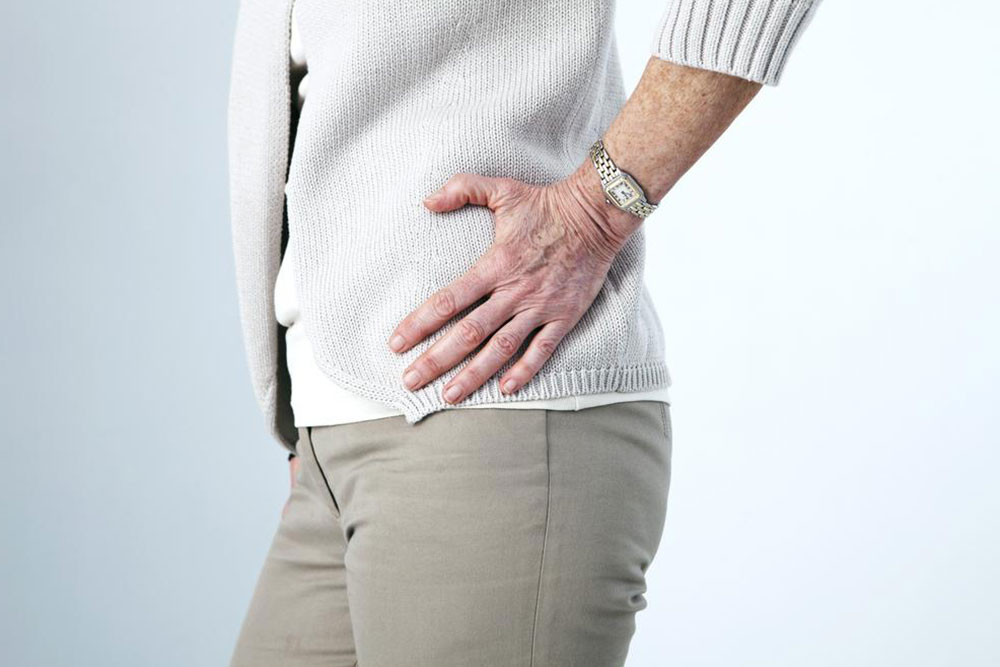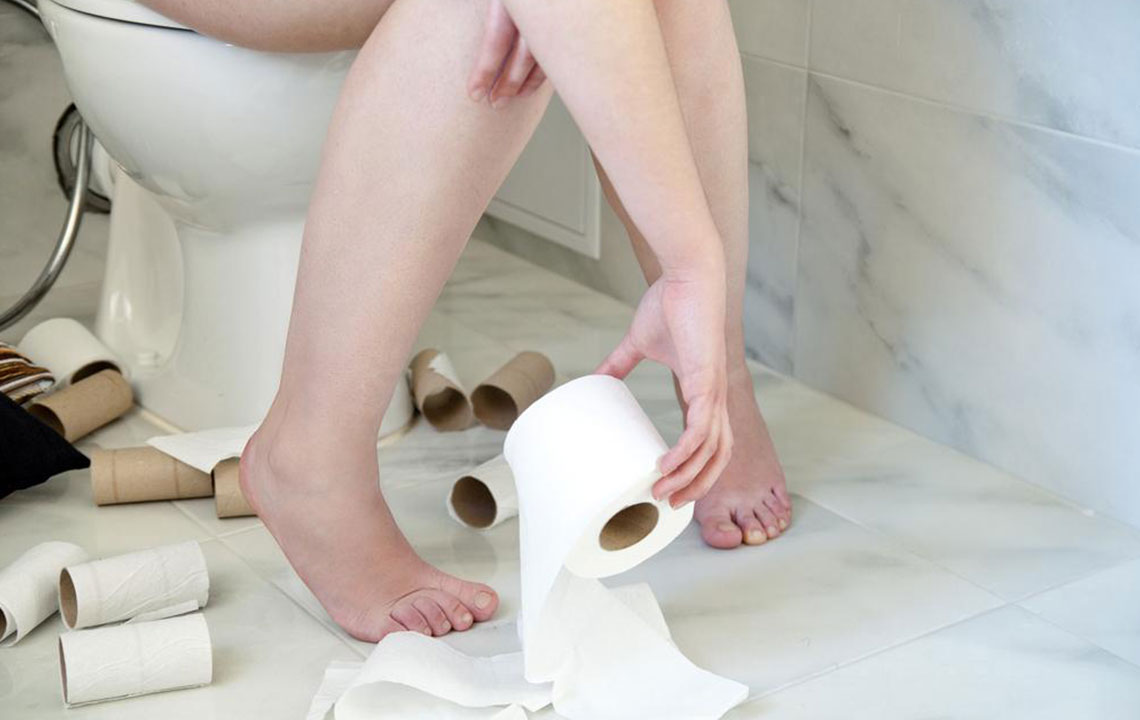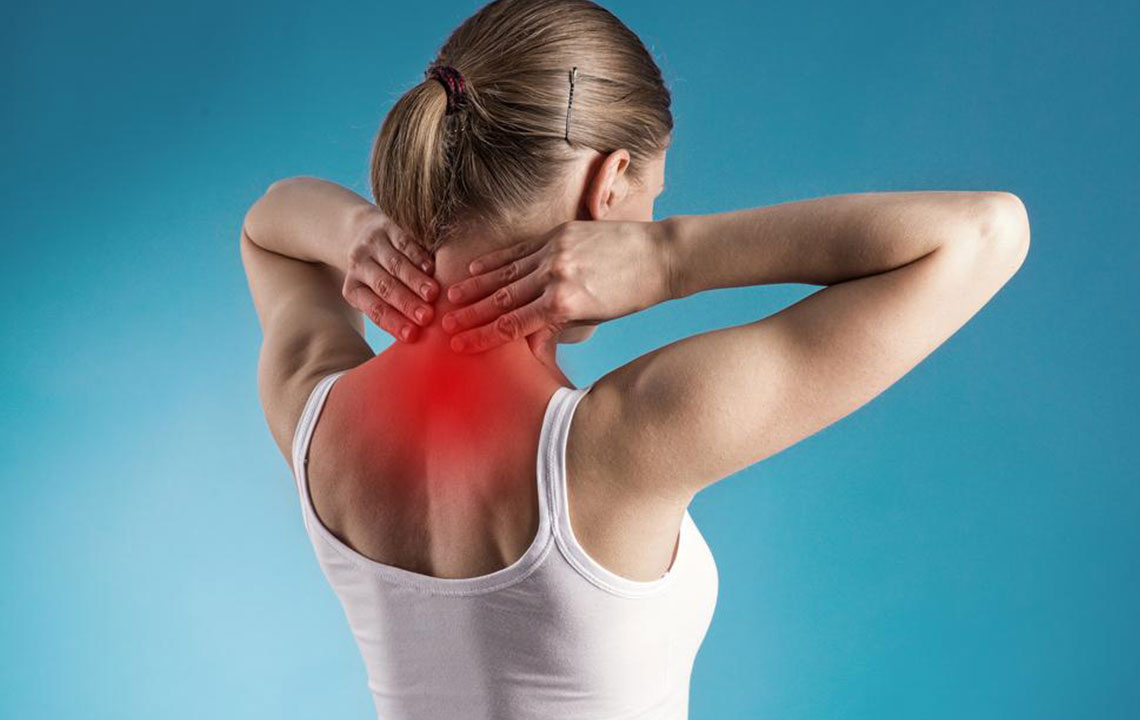Effective Strategies for Alleviating Hip Discomfort
Discover effective methods to relieve hip pain through medical treatments, exercise routines, and lifestyle changes. This guidance aims to help individuals manage discomfort, improve mobility, and enhance quality of life with personalized care. Consult healthcare professionals for tailored solutions and avoid self-diagnosis.

Effective Strategies for Alleviating Hip Discomfort
Hip discomfort can originate from injuries, medical conditions, physical strain, or aging. It affects individuals of all ages, potentially disrupting daily activities and reducing quality of life. However, with appropriate treatment and self-care, relief is achievable.
Here are some methods to help ease hip pain.
Medical Treatment Hip issues such as osteoarthritis, fractures, sciatica, bursitis, or tendinitis require accurate diagnosis by a healthcare professional. Based on the diagnosis, they may prescribe medication or suggest lifestyle modifications. In severe cases, surgical options might be considered if conservative treatments fail.
Physical Activity If overexertion caused your hip pain, gradually reintroduce gentle exercise routines. Starting with low-impact activities like swimming can restore strength without putting strain on the hip. Regular movement reduces stiffness, inflammation, and soreness. Incorporate simple yoga stretches to improve flexibility.
If you suffer from conditions like arthritis or recent injuries, consult your doctor or a physiotherapist before beginning any exercise program. They can tailor workouts specific to your needs. Remember, if your condition shows no improvement, seek professional help promptly.
Lifestyle Adjustments Temporary hip pain can also stem from health factors like obesity or diabetes. Maintaining a healthy weight and adopting a balanced diet can help alleviate symptoms. Avoid strenuous activities such as heavy lifting or prolonged periods of sitting or standing.
If hip pain persists and impairs walking or climbing stairs, see your healthcare provider. Persistent pain could indicate a developing chronic condition requiring medical intervention.










